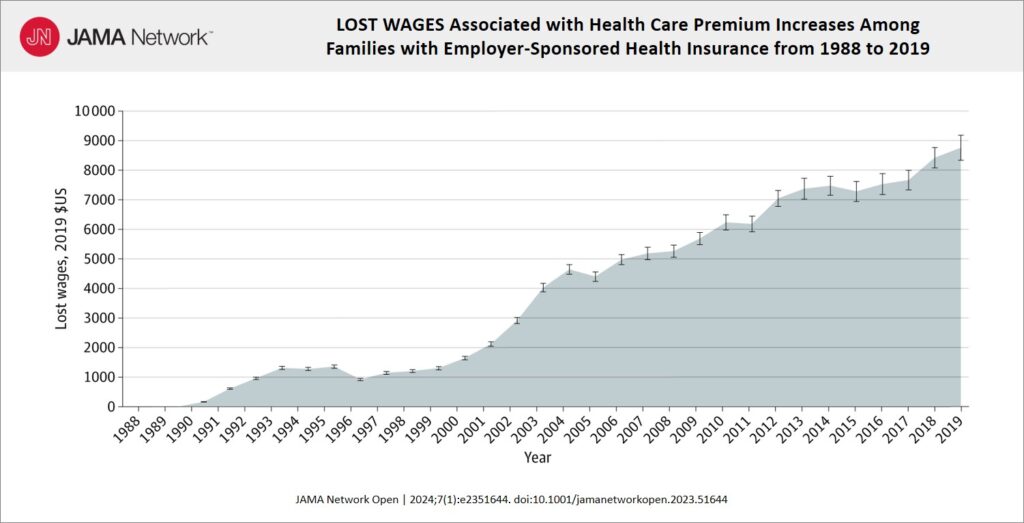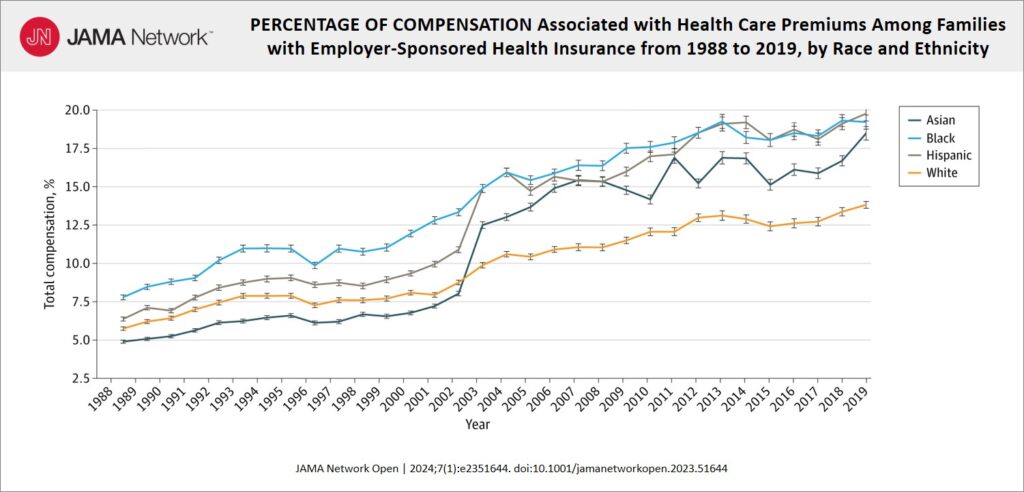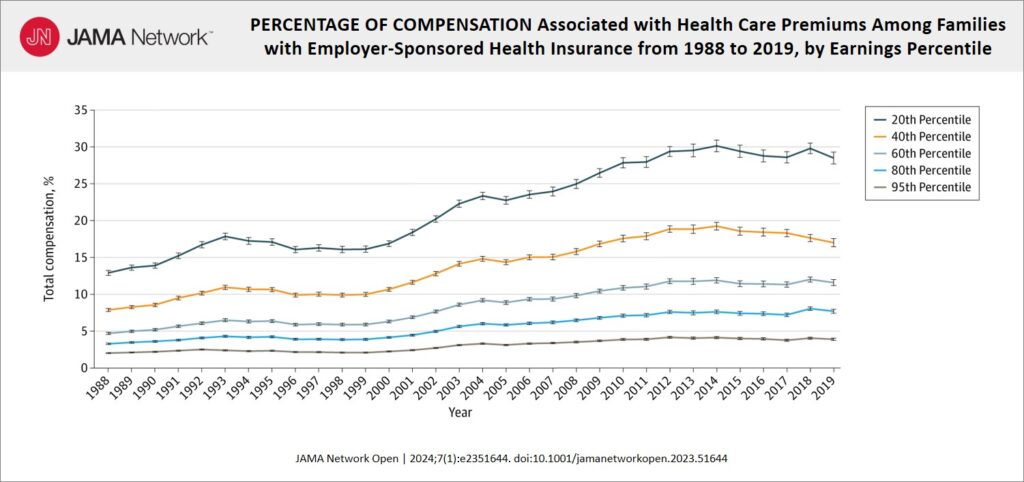3 min
There is looming fiduciary litigation risk for employers who continue to passively patronize the legacy insurance and PBM industry with its long, public history of predatory practices. Johnson and Johnson leaders who were individually-named fiduciaries in a recent class action lawsuit can attest to this.
ERISA was designed to protect the interests of employee benefit plan participants by establishing standards of conduct, responsibility, and obligation for employer health plan fiduciaries. When mismanagement occurs, it empowers employees with “appropriate remedies, sanctions, and ready access to the Federal courts.”
Such empowerment is now playing out in a New Jersey federal court. On February 5, 2024, an explosive class action complaint was filed against Johnson and Johnson, its Pension & Benefits Committee, and individually named fiduciaries. It accuses Johnson and Johnson of breaching its fiduciary responsibilities by failing to negotiate lower prescription drug prices and burdening employees with millions of dollars in overpayments for generic drugs.
Manipulating Rx Drug Plans to Maximize Profit
As stated in the complaint, the federal Employee Retirement Income Security Act of 1974 (ERISA) requires employer health plan fiduciaries “to make a diligent and thorough comparison of alternative service providers in the marketplace, to seek the lowest level of costs for the services to be provided, and to continuously monitor plan expenses to ensure that they remain reasonable under the circumstances.”
The plaintiffs assert that Johnson and Johnson did not comply to the extent required by ERISA, and that the firm failed to engage in a prudent and reasoned decision-making process, specifically regarding prescription drug costs. According to the complaint,
“Defendants agreed to make the plans and their beneficiaries pay, on average, a markup of 498% above what it costs pharmacies to acquire those drugs…roughly 6 times as much as the PBM (or a PBM-owned pharmacy) paid for those very same drugs.”
The lawsuit exposes the predatory practices of traditional PBMs and how they conflict with ERISA’s goals and a fiduciary’s responsibilities: “No prudent fiduciary would agree to make its plan and beneficiaries pay a price that is two-hundred-and-fifty times higher than the price available to any individual who just walks into a pharmacy and pays out-of-pocket.”
What Role Do Brokers Play?
Organizations rely on brokers and Employee Benefit Consultants (EBCs) for key guidance in choosing plans that are wholly “for the exclusive benefit of participants in the plan.” It is an unfortunate truth, however, that some EBCs participate in these unethical PBM schemes for their own enrichment while purporting to act in the best interest of their clients.
EBCs are sometimes paid by PBMs in ways that incentivize them to act against the plan’s interest. For example, PBMs may promise a commission on every prescription if the EBC recommends the PBM to its clients.
Employer health plan fiduciaries cannot simply rely on the advice of third-party service providers, consultants, or experts, especially those who have conflicts of interest that may prevent them from providing advice solely for the benefit of the plan. While they can take their suggestions into account, fiduciaries must exercise independent, prudent, and impartial fiduciary judgment on all matters for which they receive advice from EBCs.
An Ethical Approach to Choosing a Health Plan
As demonstrated by the Johnson and Johnson lawsuit, plan participants may seek injunctive and equitable relief from fiduciaries who breach their responsibilities. Brokers and EBCs can take an active role in protecting their clients from legal action by offering principled solutions that avoid conflicts of interest and solely benefit plan participants.
“If Defendants had engaged in a prudent and reasoned decision-making process, they would have known of, and adopted, any of numerous options that…would have resulted in…cost savings for the plans and their beneficiaries. Implementing those available options would have saved the plans and their beneficiaries millions of dollars over the proposed class period.”
There is a multi-year pattern of legacy insurance carriers and PBMs failing to put the interests of employer plan sponsors and plan beneficiaries ahead of profits. Employer fiduciaries who continue to engage these underperforming entities when alternatives are clearly available do so at growing legal risk. Vitori Health eliminates this risk with member-first, industry-leading health plans that reduce overspending by up to 30%, transparent VitoriRx lowest net cost pharmacy administration, and a remarkable member experience.












